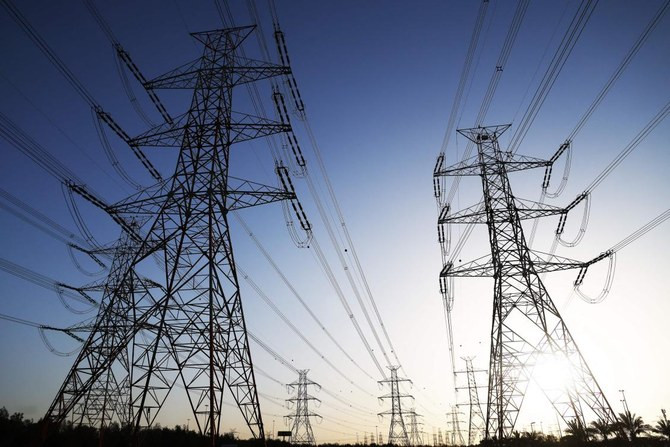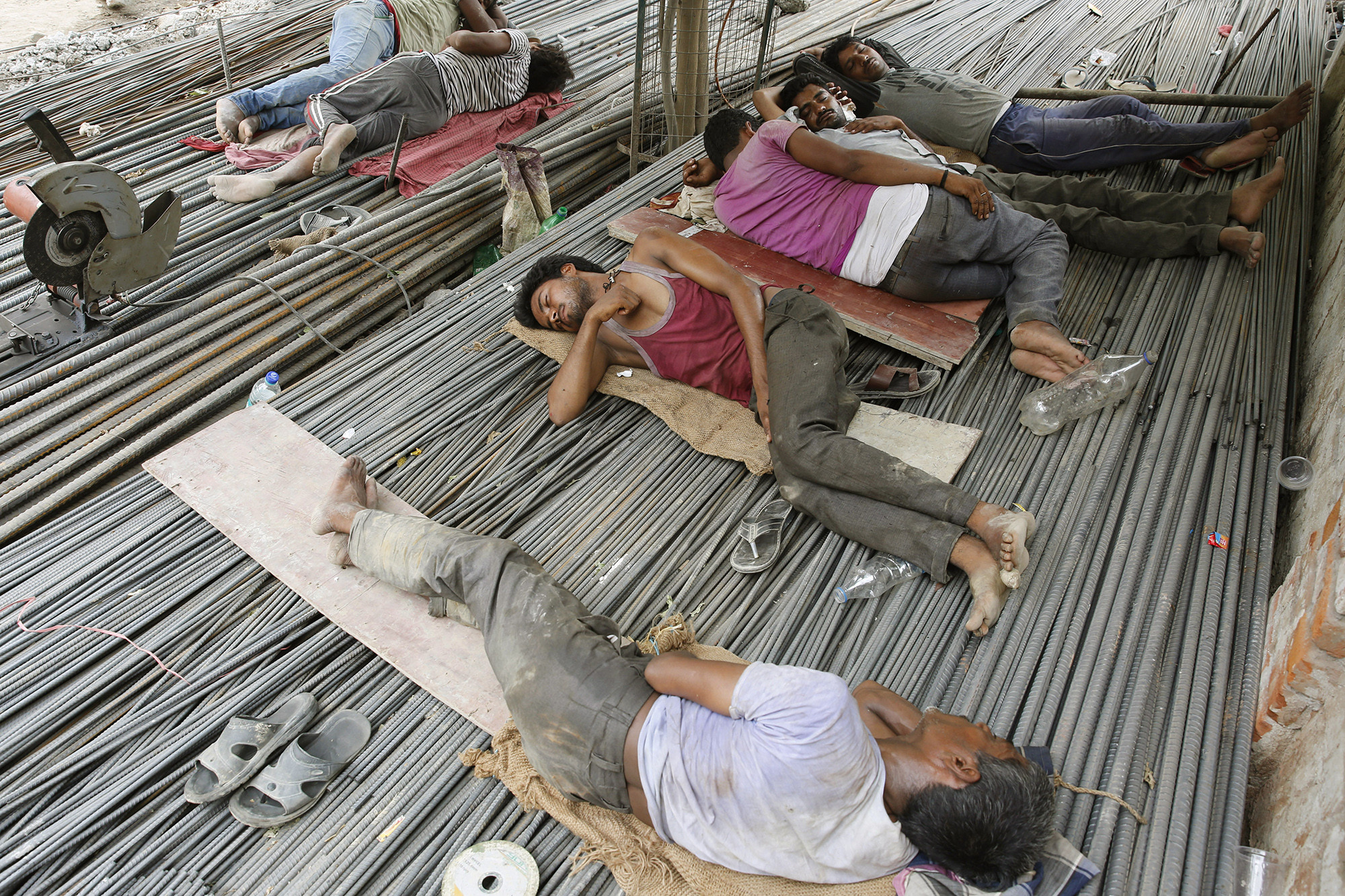Kuwait experienced widespread power outages on Sunday as authorities attempted to manage the nation’s electrical grid amid extreme heat and increased energy demand. The Electricity, Water, and Renewable Energy Ministry said the blackouts affected several areas, including residential neighborhoods, agricultural regions, and industrial zones.
The outages were attributed to a technical malfunction in the fuel supply system combined with surging energy use as temperatures approached 50° Celsius (122° Fahrenheit). The disruptions impacted six key industrial zones, three agricultural areas, and parts of 31 residential neighborhoods.
In response to the heat wave and power demands, the ministry has urged residents to cut back on electricity use, particularly during peak consumption times between 11 am and 5 pm. The ministry also warned that additional power cuts may be imposed in areas with the highest demand to help stabilize the grid.
The extreme temperatures have led to heavy reliance on air conditioning, further straining Kuwait’s electrical system. Officials hope that by controlling energy usage, they can prevent more extensive outages and maintain stability within the grid during the ongoing heat wave.
Power Outages: A Pressing Concern for Kuwait
The recent power cuts have highlighted Kuwait’s vulnerability to energy shortages, particularly during periods of extreme heat. The country is heavily reliant on fossil fuels for energy generation, making it susceptible to disruptions in fuel supply chains.
Kuwait’s Ministry of Electricity, Water, and Renewable Energy (MEW) acknowledged the challenges posed by the fuel supply disruption, stating that it led to the shutdown of several electrical generating units at Subiya and West Doha power stations as well as desalination plants. The ministry has expressed gratitude to the public for their cooperation in this emergency, reflecting their sense of shared responsibility towards the stability of the electricity grid.
A Call for Energy Conservation
In light of the current situation, the MEW has urged residents to conserve electricity during peak hours – from 11:00 am to 5:00 pm local time. The ministry emphasized the importance of following its guidelines to help stabilize the grid and minimize the impact of future outages.
Kuwait's Energy Future: A Focus on Renewable Solutions
The recent power outages have underscored the need for Kuwait to diversify its energy mix and reduce its dependence on fossil fuels. The country has set ambitious targets to increase the share of renewable energy generation to 15% by 2030. This includes investing in large-scale solar and wind energy projects, such as the Al-Shagaya renewable energy station, which will add 3,200 megawatts to Kuwait’s energy grid once fully operational.
The Impact on Residents
The power cuts have had a significant impact on residents, particularly those living in areas where the blackouts have been most frequent. Many residents have complained about the inconvenience and the discomfort caused by the lack of air conditioning in the scorching heat. The elderly and those with health conditions have been particularly affected by the outages.
A Regional Problem
Kuwait is not alone in facing challenges related to power outages and energy shortages. Several other countries in the Middle East, including Egypt, Lebanon, and Iraq, have also experienced similar problems in recent years. These challenges are often exacerbated by factors such as high temperatures, aging infrastructure, and political instability.
Looking Ahead: A Path to Energy Sustainability
Kuwait’s government has recognized the importance of investing in renewable energy and energy efficiency measures to address the country’s energy challenges. By diversifying its energy mix and improving its energy infrastructure, Kuwait can work towards a more sustainable and reliable energy future. This will involve both technological innovation and policy changes, including promoting energy conservation, investing in renewable energy, and improving grid management.
The recent power outages in Kuwait serve as a reminder of the importance of energy security and the need for countries to invest in sustainable energy solutions. As climate change continues to drive up temperatures and increase energy demand, the world needs to prioritize investments in renewable energy and energy efficiency to ensure a more stable and sustainable energy future.



















